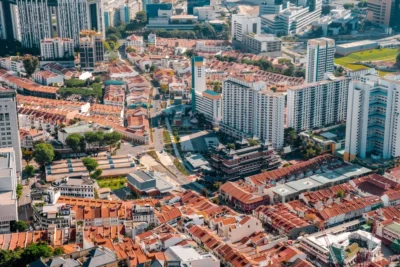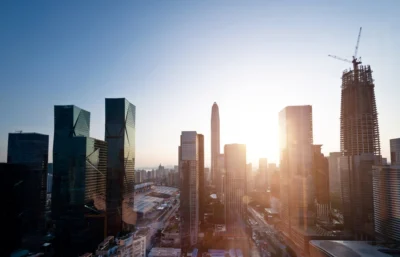Japanese residency in flood zones
Flood zones across Japan are becoming more and more occupied
The Ministry of Land, Infrastructure, Transport and Tourism (MLIT) says that more citizens across Japan are switching to reside in flood zones. Between 1995 to 2015, this number has increased by 6.05 percent, while the total population over the same time has increased by only 1.12 percent, according to MLIT’s survey. Prefectures have also experienced growth in people living in flood zones despite depopulation, according to Japan Property Central.
In spite of the ageing population in existing town areas, suburban stretch out has risen in regions near rivers that were once rice paddies and fields.
In Kyushu, an area often stroked with heavy rainfall and flooding, six prefectures have experienced population growth in flood zones. In Nagasaki, population in flood zones have risen by 10.10 percent, while depopulation increased by 10.86 percent since 1995.
Since 2012, flood zones were selected according to the likelihood of a 200-year flood. The revised Flood Control Act in May 2015, in actual fact, increased to a 1000-year flood.
Despite decades of government investment in constructing levees and damns, residential property within flood zones have not lessened since at least the 1980s. The focus recently has now shifted from investment in flood-proof infrastructure projects to persuading residents to reside in safer areas.
More: 6 of the best places to experience the beauty of Hirafu, Greater Niseko, Japan
The Financial Services Agency has deliberated with the Japan Housing Finance Agency and home insurance companies in launching home loan interest rates and insurance premiums that are based on the property’s flood risk.
There’s also initiation for land-use restrictions, which would be similar to those used in landslide hazard zones.
When looking for a house to buy or rent, it is encouraged to grab a print of the local Hazard Maps, often provided by the local City Hall.
Such maps that may cover tsunami, flooding, landslides, earthquake shaking, and even volcanic hazards, are also available to download online from the city’s homepage.
Recommended
Foreign demand recalibrates in Southeast Asia housing markets
Even amid global headwinds, Southeast Asia’s property markets hold appeal for foreign buyers
Tariffs and turmoil test Singapore homes as suburbs hold firm
Foreign levies, regional wars, and buyer fatigue are putting pressure on the city-state’s housing market
Gulf luxury markets lure global capital amid policy shift
Gulf nations are shaking off a reputation for overt bling to lead a post-pandemic luxury boom
China housing slump deepens as oversupply drags prices
Concerns remain over surplus inventory built by troubled property developers as prices continue to fall across all but a handful of major cities









